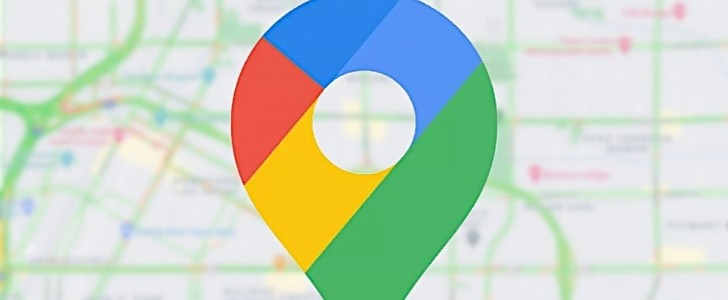Google services like Google Maps need location data to work properly, yet on the other hand, the Mountain View-based search giant offers several controls to restrict access to such information for privacy reasons.
But according to the Federal Court in Australia, the way Google has implemented these controls in some applications, such as Google Maps, is misleading. The court argues that Google's approach sometimes leads to users believing their data is no longer harvested when, in fact, location information was still sent to the company.
Justice Thomas Thawley said the Australian Competition and Consumer Commission (ACCC) explained how two privacy settings in Google Maps services worked together to allow location data collection even though, at first glance, the two were not related.
Users could just switch off “location history” in their accounts to stop Google from access location information, but while this setting was already off by default, ACCC says a second option allowed for the location to be accessed anyway. It’s called “web & app activity,” a setting which this time was enabled by default and which also allowed for location data to be collected even if the other option was off.
“These default settings meant that Google LLC could obtain, retain and use personal location data when a user was using various apps, including Google services such as Google Maps,” the court ruled according to local reports.
While no penalties have currently been decided, the ACCC says it’s trying to obtain a fine of up to several million dollars. But Google is already considering a possible appeal, though the company explains that many of the claims have already been rejected by the court.
“We disagree with the remaining findings and are currently reviewing our options, including a possible appeal,” a spokesperson was quoted as saying. “We provide robust controls for location data and are always looking to do more - for example we recently introduced auto delete options for location history, making it even easier to control your data.”
Justice Thomas Thawley said the Australian Competition and Consumer Commission (ACCC) explained how two privacy settings in Google Maps services worked together to allow location data collection even though, at first glance, the two were not related.
Users could just switch off “location history” in their accounts to stop Google from access location information, but while this setting was already off by default, ACCC says a second option allowed for the location to be accessed anyway. It’s called “web & app activity,” a setting which this time was enabled by default and which also allowed for location data to be collected even if the other option was off.
“These default settings meant that Google LLC could obtain, retain and use personal location data when a user was using various apps, including Google services such as Google Maps,” the court ruled according to local reports.
While no penalties have currently been decided, the ACCC says it’s trying to obtain a fine of up to several million dollars. But Google is already considering a possible appeal, though the company explains that many of the claims have already been rejected by the court.
“We disagree with the remaining findings and are currently reviewing our options, including a possible appeal,” a spokesperson was quoted as saying. “We provide robust controls for location data and are always looking to do more - for example we recently introduced auto delete options for location history, making it even easier to control your data.”

